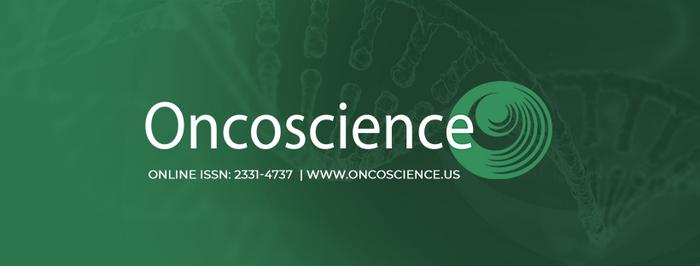“The deployment of DL segmentation methods in 18F-fluciclovine PET/CT imaging represents an intriguing research direction for precision medicine in salvage prostate cancer care.”

Credit: 2024 Qiu et al.
“The deployment of DL segmentation methods in 18F-fluciclovine PET/CT imaging represents an intriguing research direction for precision medicine in salvage prostate cancer care.”
BUFFALO, NY- June 28, 2024 – A new editorial paper was published in Oncoscience (Volume 11) on May 20, 2024, entitled, “Deep learning-assisted lesion segmentation in PET/CT imaging: A feasibility study for salvage radiation therapy in prostate cancer.”
In this new editorial, researchers Richard L.J. Qiu, Chih-Wei Chang, and Xiaofeng Yang from Emory University discuss prostate cancer. Prostate cancer persists as the most frequently diagnosed malignancy in men beyond skin cancer. Despite substantial advancements in treatment outcomes over the past half century, progression or recurrence post-initial treatments like prostatectomy or radiation therapy remains a challenge for a subset of patients.
“In those scenarios, salvage radiation therapy is often offered to patients as a treatment option. To design the salvage radiation therapy, imaging is required to detect and locate the recurrence disease regime.”
Traditional imaging modalities employed post-prostatectomy, such as CT, bone scans, MRI or 18F-FDG PET, often fall short in accurately detecting and determining the volume of the recurrent disease, which is crucial for salvage radiation treatment planning. However, the introduction of 18F-fluciclovine (anti-1-amino-3-18F-fluorocyclobutane-1-carboxylic acid) PET/CT has marked a significant advancement in salvage disease management. Recent studies, including the phase 2/3 randomized controlled trial, Emory Molecular Prostate Imaging for Radiotherapy Enhancement (EMPIRE-1), demonstrated improved biochemical recurrence or persistence free survival rates when incorporating 18F-fluciclovine PET/CT into post-prostatectomy radiation therapy planning.
One key step in salvage radiation therapy planning is the delineation of lesions on the 18F-fluciclovine PET/CT images, a task currently undertaken manually by physicians. This practice, while meticulous, is labor-intensive and prone to inter- and intra-observer variations. With the recent explosion of using artificial intelligence (AI) algorithms in medical image processing, automatic segmentation of lesions using deep learning (DL)-based lesion delineation methods demonstrate promising potential to improve treatment quality, as opposed to manual contouring.
“This editorial explores the research study by Wang et al. [4], showcasing the feasibility of DL models in lesion segmentation on 18F-fluciclovine PET/CT images.”
Continue reading: DOI: https://doi.org/10.18632/oncoscience.603
Correspondence to: Richard L.J. Qiu
Email: lei.qiu@emory.edu
Keywords: PSMA PET/CT, deep learning, auto-segmentation, radiation oncology, prostate cancer
About Oncoscience:
Oncoscience is a peer-reviewed, open-access, traditional journal covering the rapidly growing field of cancer research, especially emergent topics not currently covered by other journals. This journal has a special mission: Freeing oncology from publication cost. It is free for the readers and the authors.
Oncoscience is indexed and archived by PubMed, PubMed Central, Scopus, META (Chan Zuckerberg Initiative) (2018-2022), and Dimensions (Digital Science).
To learn more about Oncoscience, visit Oncoscience.us and connect with us on social media:
For media inquiries, please contact media@impactjournals.com.
Oncoscience Journal Office
6666 East Quaker Str., Suite 1D
Orchard Park, NY 14127
Phone: 1-800-922-0957, option 4
###
Journal
Oncoscience
Method of Research
Commentary/editorial
Subject of Research
People
Article Title
Deep learning-assisted lesion segmentation in PET/CT imaging: A feasibility study for salvage radiation therapy in prostate cancer
Article Publication Date
20-May-2024



